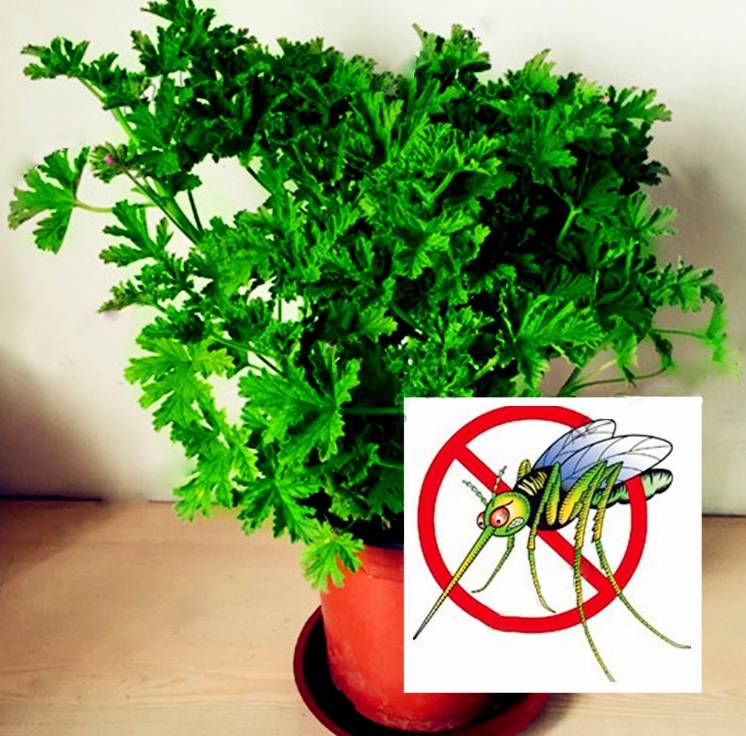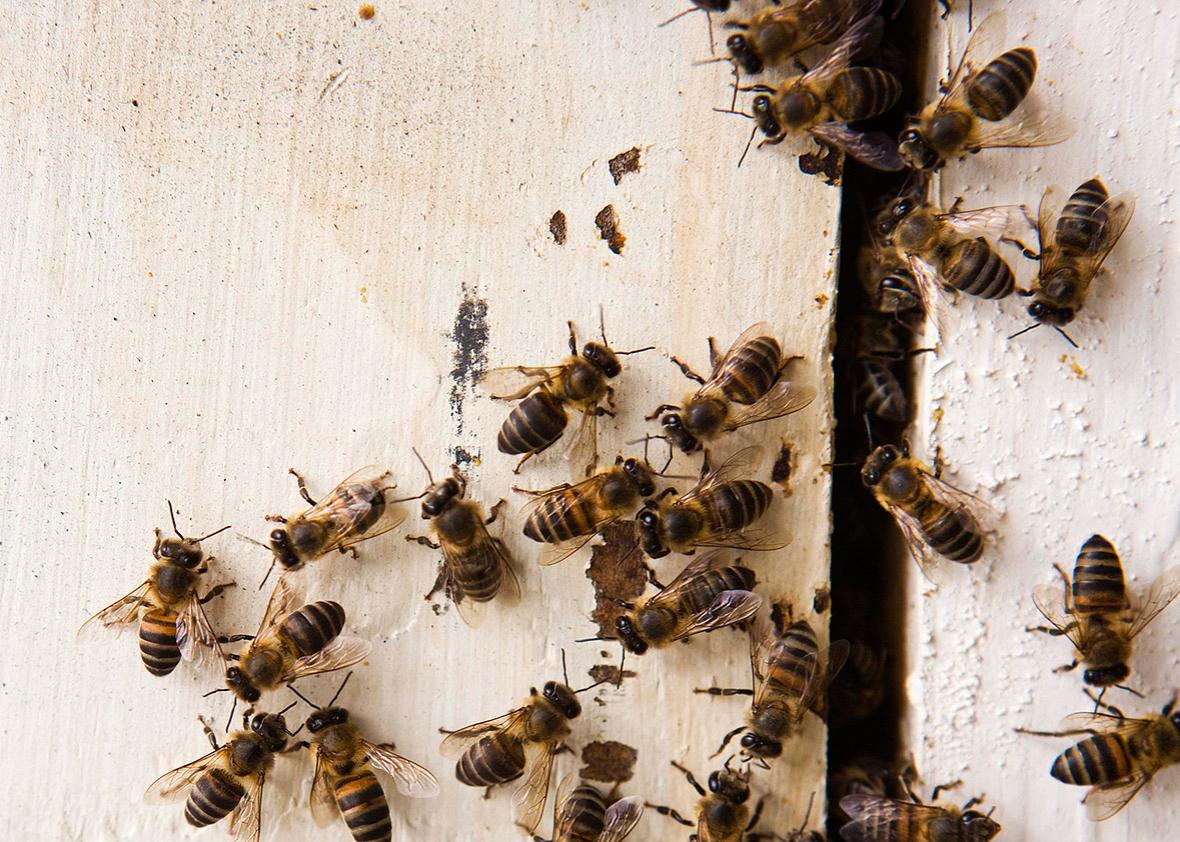The writer is making several good pointers relating to Plant-based insect repellents overall in the content below.

Summer season time equates to lots of exterior fun. Nonetheless, it also suggests that pests remain in wealth. Do not be surprised if flies, insects, roaches, and also ants penetrate your house. If you do not desire unwanted guests to attack your residential or commercial property, chemical pesticides is not your only solution. You can also depend on details flora to keep weird crawlies away. With strategic use of plants, you can reduce the use of poisonous insect repellent. Below are the very best plants that do marvels in driving bugs away. Plus, these plants provide you an included reward of visual appeal and wonderful scent.
Basil
Basil is a marvel natural herb that comes in useful. You can use it for numerous dishes like pastas, stews, pizza, salads, and soups. On top of being a superb component, basil is a big bug shut off since they don't like the scent. If you desire pests, specifically insects and flies, far from your residence, area pots of basil near your home windows as well as entrances. You don't' even require a green thumb to grow basil since they are resilient plants that are incredibly very easy to expand.
Lemongrass
Lemongrass has a wonderful citrus fragrance similar to citronella, which is the essential component of organic insect repellants. Though the human nose likes the aroma, it drives mosquitoes ridiculous. So proceed and plant pots of citronella and maintain them throughout your home. You will love the fresh, tidy scent undoubtedly.
Lavender
The fragrance of lavender is noted for its stress-relieving as well as soothing residential or commercial properties. Hence, lots of studies claim that it also promotes excellent sleep. Amusing sufficient, the same aroma that humans love drives pests away. As a matter of fact, you will certainly discover numerous store-bought sachets with lavender for your cabinets due to the fact that they work exceptionally well in turning-off moths. You can likewise maintain potted plants near entryways to stay out moths, fleas, mosquitoes, as well as even rats.
Chrysanthemums
These flowers are not just beautiful yet they have the power to cleanse interior air. They are fantastic at getting rid of toxic substances. Most notably, these blossoms ward off ants, lice, fleas, bedbugs, silverfish, ticks, as well as cockroaches. These lovely flowers will certainly make you smile so go head as well as put them around your house.
Marigold
These gold blossoms resemble a ray of sunshine. They will make any room appearance positive as well as dynamic. Best of all, the fragrance of marigolds drive insects away. They even fend off rodents and bunny. Therefore, they will certainly make a great addition indoors as well as outdoors. Plant a bed around your home to drive insects while including in your residence's curbside appeal.
Mint
This is a popular flavor for tooth paste, mouth wash, gum, as well as also gelato. Many individuals like the one-of-a-kind taste which leaves a tingling feeling in your taste. But the taste as well as scent of mint that people enjoy is annoying for mosquitoes. You can diffuse mint essential oils or make your own mint spay by mixing a few declines with vinegar and also vodka.
Rosemary
Finally, consist of rosemary in your natural herb yard because they drive mosquitoes away. You can keep pots inside your home as well as outdoors. Besides, sprigs of rosemary fend off moths and also silverfish. On top of that, this is one more fantastic herb that you can make use of for cooking.
However, if you don't seem like planting or have a serious infestation, you need to call a professional pest control man to manage pest swarms. A trusted provider can zap them away with environment-friendly chemicals, as well as assist you establish a precautionary plan with plants and crucial oils.
Why Essential Oils Make Terrible Bug Repellents
We get it: Essential-oil bug repellents sound great. Who wouldn’t want to use a natural plant oil to keep bugs away? But after digging into the research and talking to two mosquito experts, we put essential-oil repellents firmly in the “do not buy” category. Simply speaking, there’s just no way to know how effective they are or for how long. In relying on them, you’re likely heading outdoors with a false sense of security that could put you at greater risk than if you were using nothing at all.
In light of diseases such as Zika and Lyme, the consequences of an ineffective repellent can be dire, so you need one you can trust. A repellent’s trustworthiness starts with EPA approval—a requirement that proves the repellent has been thoroughly tested to confirm that it’s safe and that it performs according to the specifics from the manufacturer. Essential oils have no such standardized oversight, so you’re basically on your own.
What are essential oils?
Essential oils are chemicals extracted from plants that are, according to the EPA (PDF), “responsible for the distinctive odor or flavor of the plant they come from.” You can think of them as the distilled essence of the plant. Studies into plant-based bug repellents, such as this summary from a 2011 edition of Malaria Journal, have shown that some of these oils can repel insects to varying degrees. Those most closely associated with repellency are citronella oil, eucalyptus oil, and catnip oil, but others include clove oil, patchouli, peppermint, and geranium. According to one analysis, “More than 3,000 EOs [essential oils] from various plants have been analyzed thus far, and approximately 10% of them are commercially available as potential repellents and insecticides.” The formulas we found are typically a mixture of multiple oils at very low concentrations, rarely above 3 or 4 percent each, mixed with water or other inert ingredients.
Why essential oils’ lack of EPA oversight matters
Any insect repellent containing DEET or picaridin must undergo extensive, consistent testing under the EPA's product-performance test guidelines, the result of which is a legally binding label on the bottle. That label includes the ingredients, the time of protection, toxicity information, and specific instructions on use and disposal. The tests give you a clear understanding of the repellent, as well as an underlying assurance that it’s safe for use on adults, children, or animals. The EPA categorizes essential oils as a “minimum risk pesticide,” so they don’t undergo this testing. Without it, you can’t confirm what’s in the bottle, whether it’s safe for use, or how effective it is. This also leaves the door open for misleading marketing claims. As Zwiebel told us, “I am very concerned about the lack of regulatory oversight and the ability to disinform or in some cases completely misinform consumers. There is a lot of mayhem out there in the field.”
Regulations aside, they don’t work that well
Even if essential oils were subject to the EPA’s efficacy-testing guidelines, all indications are that they would fall short of repellents containing picaridin and DEET. Essential oils are just not that great at repelling mosquitoes and ticks.
A major problem is the fact that essential oils are very volatile, meaning they evaporate quickly. In 2002, researchers tested seven essential-oil repellents against DEET, publishing the results in The New England Journal of Medicine. Aside from a soybean-based repellent that offered 95 minutes of protection, “all other botanical repellents we tested provided protection for a mean duration of less than 20 minutes.” A 2005 study published in the journal Phytotherapy Research compared the repellency of 38 essential oils and found that none of them, even when applied at the very high concentrations of 10 percent and 50 percent, prevented mosquito bites for up to two hours. (You can expect even less of the repellents we looked at, which had multiple oils with a concentration of roughly 1 to 4 percent.) Another study, this one published in BioMed Research International, states that “insect repellents with citronella oil as the major component need to be reapplied every 20–60 minutes.”
And even when freshly applied, they’re not as strong as picaridin or DEET. Zwiebel, the olfactory expert, explained that a mosquito interprets the world through multiple, sometimes hundreds, of chemical receptors. He likened these receptors to the giant cluster of microphones facing a politician at a podium. The majority of these receptors are tuned to odors, but others sense taste, heat, and humidity. Depending on the species, there can be a lot of them, “hundreds, in some cases.” According to Zwiebel, Anopheles gambiae, the mosquito that carries malaria, has “79 odor receptors, 34 ionotropic receptors, a host of gustatory receptors, heat receptors, humidity receptors.” Through these varied lenses, Zwiebel explained, the smell of a human “is not just one odor, it’s not just one molecule.” He continued, “There's actually many, many molecules that activate a whole range of receptors.”
Repellents work by blocking these receptors so a mosquito or tick can’t find you. Essential oils, as Zwiebel explained, “only block a small, discrete number of receptors.” What makes things even trickier is that receptors are different even between closely related species; Zwiebel said he wasn’t convinced that an essential oil that might work for one species would work across a range of others. Repellents such as picaridin and DEET, on the other hand, block a much wider number of receptors on a more consistent basis, as research like Vosshall’s confirms. This offers repellency across many species.
Given what’s at stake with tick and mosquito bites, we recommend using a repellent with a 20 percent concentration of the active ingredient picaridin, supplemented with a permethrin-based repellent used at least on your shoes for tick protection. Both are EPA approved, and their labeling offers specific instructions on the ingredients, the application, and the duration of effectiveness. If you choose to use DEET, which we also endorse, we prefer a 25 percent concentration. After our full review of essential-oil repellents, we agree with the authors of the 2011 study from Malaria Journal, who write that with essential oils, “[t]here is a need for further standardized studies in order to better evaluate repellent compounds and develop new products that offer high repellency as well as good consumer safety.”
https://www.nytimes.com/wirecutter/blog/essential-oils-terrible-bug-repellents/

Do you enjoy more info about Effective DIY Insect Repellents for Home and Garden? Give a remark directly below. We would be delighted to hear your feelings about this blog. Hoping that you come back again in the future. Sharing is caring. Helping people is fun. Thanks for taking the time to read it.
Get An Estimate

